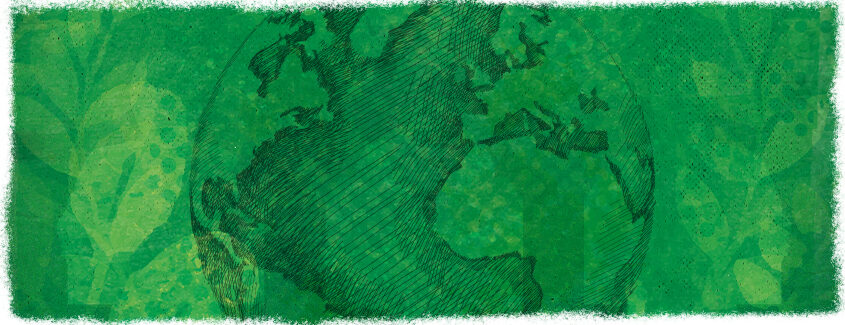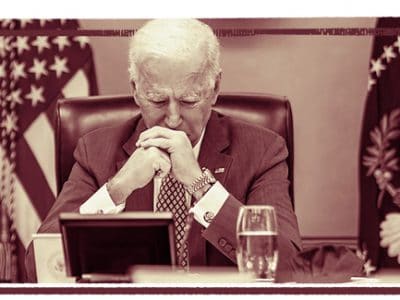
Earth Day is here again. I remember the first Earth Day back in 1970. At 16 years of age, my peers were into it, especially those of the bohemian youth culture. However, it resonated with a lot of people as concerns for the environment mounted through the 1960s.
Rachel Carson’s Silent Spring (1965) put the concerns of many into words. People were growing weary of rivers that caught on fire, dead fish in the Great Lakes, streams that were often so foul as to be nearly lifeless, and the air of our cities that was brown and often choking. According to Walter Cronkite, on the first Earth Day 20 million Americans came out to demonstrate for the health of the environment riding bikes, walking, and otherwise peacefully demonstrating around the nation.
 Peacefully. That was a breath of fresh air considering the race and anti-war riots and demonstrations that characterized those days.
Peacefully. That was a breath of fresh air considering the race and anti-war riots and demonstrations that characterized those days.
My family vacationed to Southern California in the summer of 1969, and we saw the Los Angeles temperature inversions firsthand. Even a couple years later, as I was going to a Christian college on Lookout Mountain, GA, overlooking industrial Chattanooga, we would regularly see the inversions rise above the city and were glad that the top of the mountain was above it. Environmental issues then, as today, did not just catch the imagination and concerns of the political left. Francis Schaeffer, the great Reformed Christian apologist, wrote about our failure to adequately care for the environment in his book Pollution and the Death of Man (1970). He called Christians to reengage with beauty and our responsibility to care for God’s creation since humanity was created to have dominion over it, with the responsibility to love it as God’s work.
Clean air, clean water, and land-use laws and regulations put forth by the EPA and the cooperation of the public has gone a long way to improving environmental matters. However, the new left and many Christians who think about these things are not always in agreement in how to move ahead. For many, the primal wilderness (a concept associated with the American memory of the frontier) is held as the gold standard of environmental idealism. Many Christians would agree, and they, like many others, might see humanity as the problem. Abused dominion is certainly the problem. But it would not be true to say that humanity is the problem.
Human identity is what God has created it to be. God in His wisdom made humans to have dominion. The issue is, what type of dominion will we express? An anti-human dominion that values and lauds the sub-replacement birthrates that are increasingly seen across the globe is not the answer. Returning the globe’s ecosystems to the productivity, fertility, and biodiversity of the wilderness is not the answer either. When we consider the Biblical perspectives and definitions, our first parents were given the charge, in the paradise of the Garden of Eden, to tend the garden and have dominion and subdue the earth.
God’s good creation, as good as it was, was not a paradise, not a garden. Human dominion involved extending the values of the garden to the rest of the creation. That would mean humans have the responsibility to fill the earth and increase the fertility, productivity, and biodiversity of that which we were given charge over. In short, take the values of the garden and extend them to the rest of the globe as we fill it with fellow image-bearers, fellow creators, dedicated to the mission. This is the totality of being fruitful.
The Earth Day Summit last year was a virtual event, a consequence of COVID fallout. Internationals, projected on big screens, lauded America’s return to the table and President Joe Biden’s repudiation of President Donald Trump’s 2017 withdrawal from the Paris Agreement. Global climate change was the big talk. Many of the countries, including the United States (reported John Kerry, President’s Special Climate Envoy), vowed to cut CO2 admissions by 50% within the next few decades. China said it will reach peak CO2 emission in 2030 followed by 50% reduction by 2060, presumably, after they have buried the United States. Vladimir Putin took the opportunity to seize the moral high ground to remind everyone of America’s long-term contributions of atmospheric CO2. Perfect examples of the pots calling the kettle black.
America’s Green New Deal seems to be on everyone’s mind. However, environmental initiatives generated by the Marxist- or socialist-informed left are bound to make many Christians nervous. And they should, given the Marxist disdain for things Christian.
Environmental issues continue to concern many of us. Yet the solutions generated by those that deny definitions of the created order should be examined with care and great discernment. Perpetuating economic collapse or severe downturn will render the society unable to afford the benefits that are promised. As western leaders continue to reject the created order and as eastern and other cultures show little interest in embracing the created order, I am pessimistic about the future of humanity’s attempt to properly care for the globe. The biblically informed Christian mind that understands the created order will continue to have great opportunities to be salt and light. By God’s grace, we will think clearly, and people will listen.





